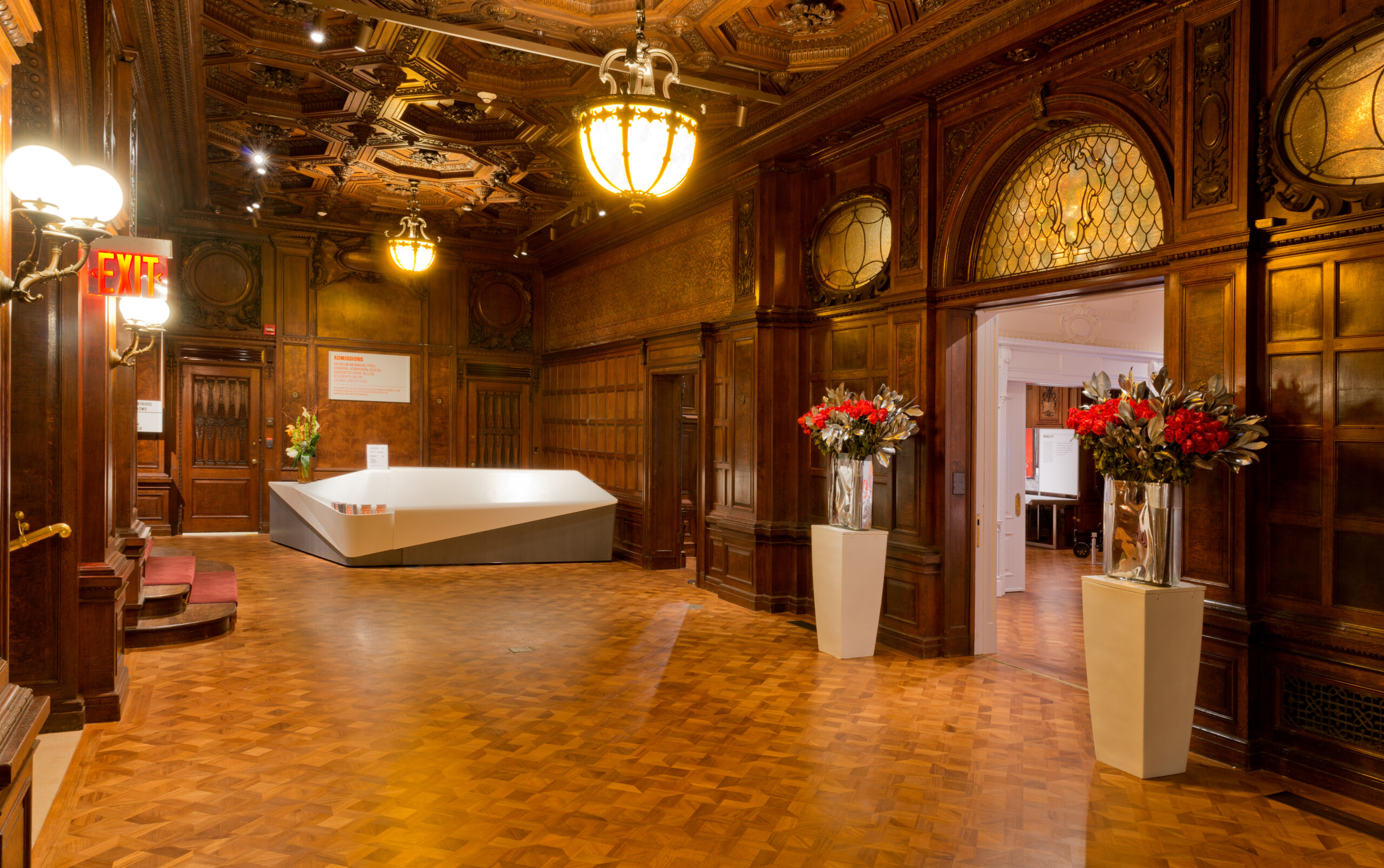Family Program | Mansion Dream House
Explore Cooper Hewitt’s historic mansion and design your own dream house! Built for Andrew Carnegie from 1899-1902, follow a self-guided scavenger hunt to learn more about the museum when it was a family home that included a conservatory, a billiard room, and a cellar coal car traveling over a miniature train track. See the original floor plans and use them as inspiration to draw your own plans for a luxurious abode.
Drop in any time during these sessions:
Session 1: 11:00 a.m. to 1:00 p.m.Session 2: 2:00 p.m. to 4:00 p.m.
ABOUT THE PROGRAM
Program Length: No set time, enjoy as much time as you need.
Interactivity Level: High
Intended Audience: Youth ages 5-12 with their adult guardian/family. No previous design knowledge is required. Material will be presented at a K-6th grade level.
Family Programs are designed for youth and their adult guardian/caregivers. Free with museum admission; admission is free for children under 18 with an adult. No registration required, first come, first seated. Adults must stay with their youth during the activity and are encouraged to participate.
ACCESSIBILITY
Location: This program will take place in person in the Process Lab at Cooper Hewitt (2 East 91st Street, New York, NY). The Process Lab is on the first floor of the museum and is fully wheelchair accessible. Read more about accessibility at Cooper Hewitt.
What to Expect: This in-person program will be a hands-on design drop-in workshop (stay for as little or as much time as you like).
Accommodations: For general questions, or if we can provide additional accessibility services or accommodations to support your participation in this program, please email us at CHEducation@si.edu or let us know when registering. Please make your accommodation request as far in advance as possible—preferably at least one week before the program date when possible.
Special Thanks
Design learning at Cooper Hewitt is made possible by eBay Inc., The Hirsch Family Foundation, The Milton and Sally Avery Arts Foundation, The Pinkerton Foundation, PwC Charitable Foundation, The Richard and Jean Coyne Family Foundation, with internal Smithsonian Institution funds from the Youth Access Grants for Youth Innovation in Rural America, and public funds from the New York City Department of Cultural Affairs in partnership with the City Council.
